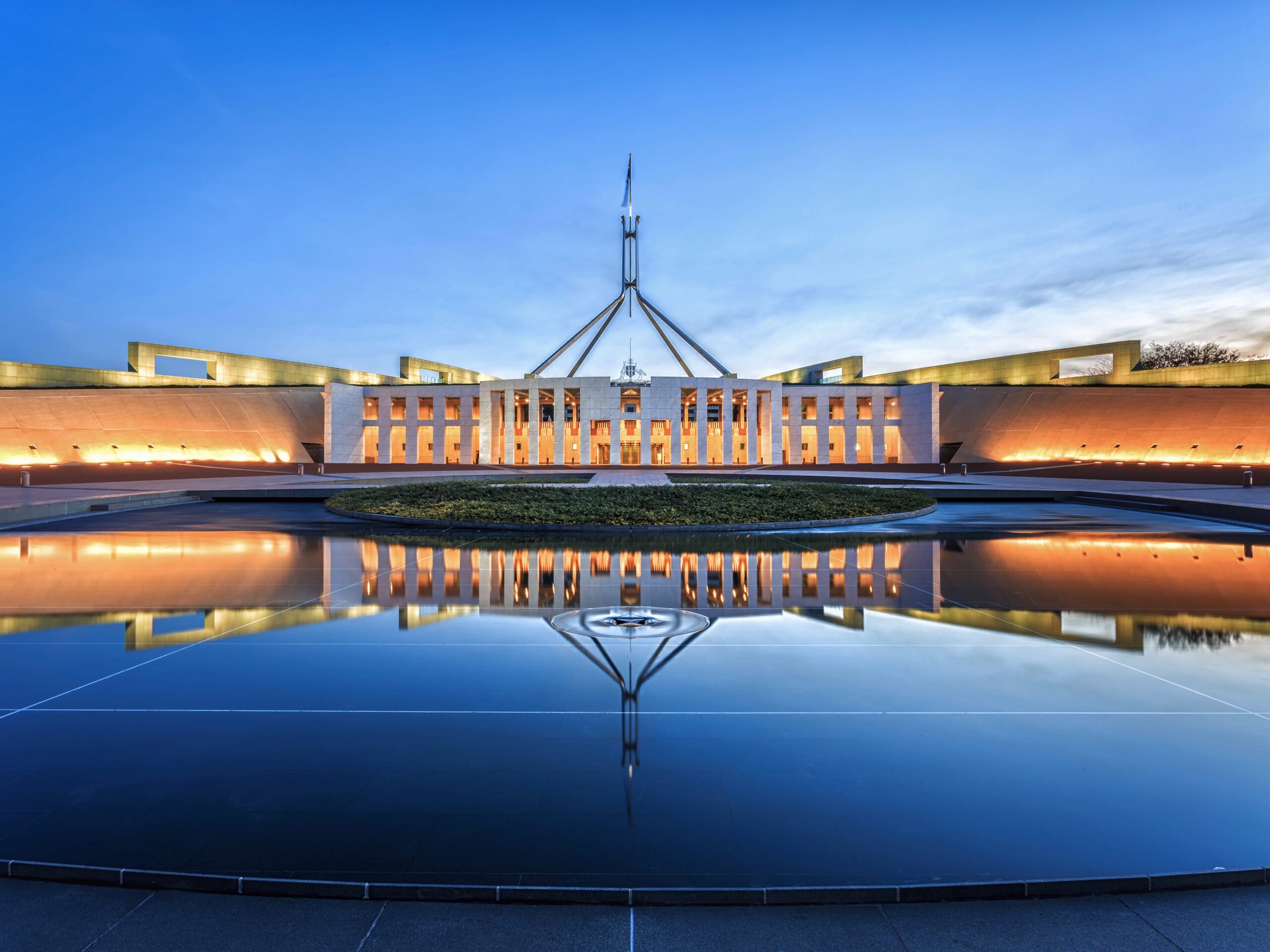Research Australia believes the National Reconstruction Fund (NRF) has a vital role to play in creating a mature and vibrant domestic medical products industry as a cornerstone of a post-carbon Australian economy.
We have made four recommendations in response to the consultation on the implementation of the NRF:
-
- The Ministers should obtain the advice of a future Centre for Disease Control about medical products for which there is a critical unmet need for domestic manufacturing. This should be a consideration in how funds are subsequently allocated by the NRF, although not to the exclusion of the need to generate a return on the investment.
- Development of the investment mandate for the priority area of medical products should include identification of areas with the potential for profitable domestic manufacturing. This should be a consideration in how funds are subsequently allocated by the NRF, although not to the exclusion of the need to generate a return on the investment.
- The Australian Government should create a National Medical Products Industry Plan to accompany the introduction of the National Reconstruction Fund to make the most of all the Government’s investments throughout the health and medical research and development pipeline.
- The Australian Government should develop a medical products research, development and manufacturing workforce plan to determine where the gaps in existing skills are and to address them.
Research Australia’s submission addresses most of the questions posed in the consultation paper. The submission is available here.




